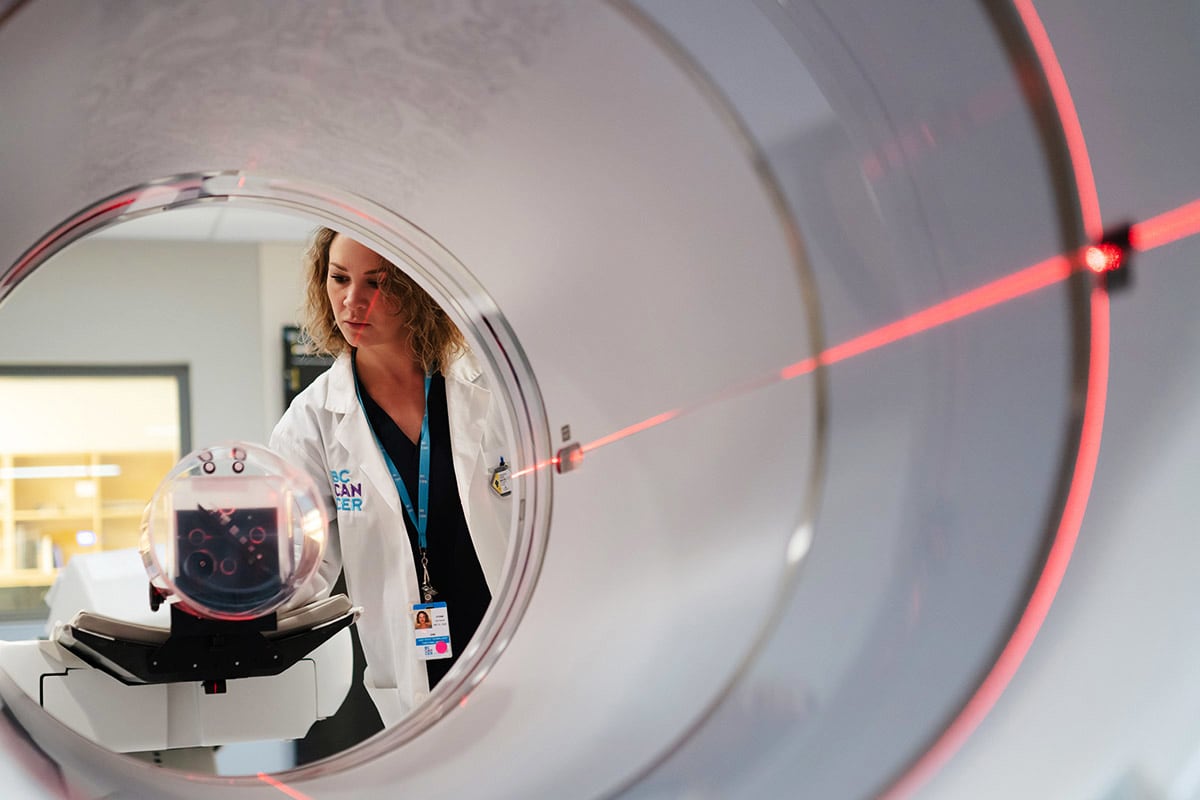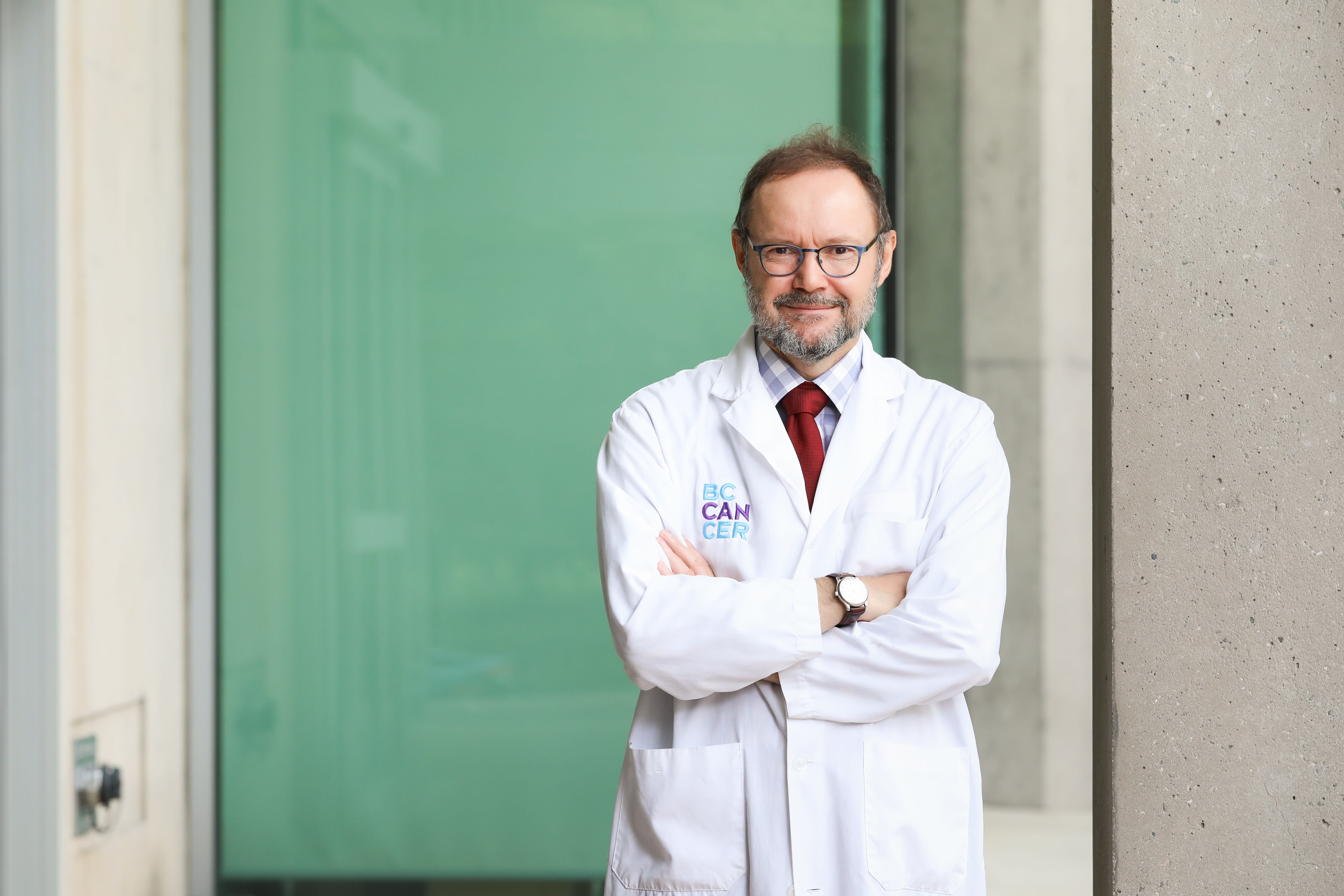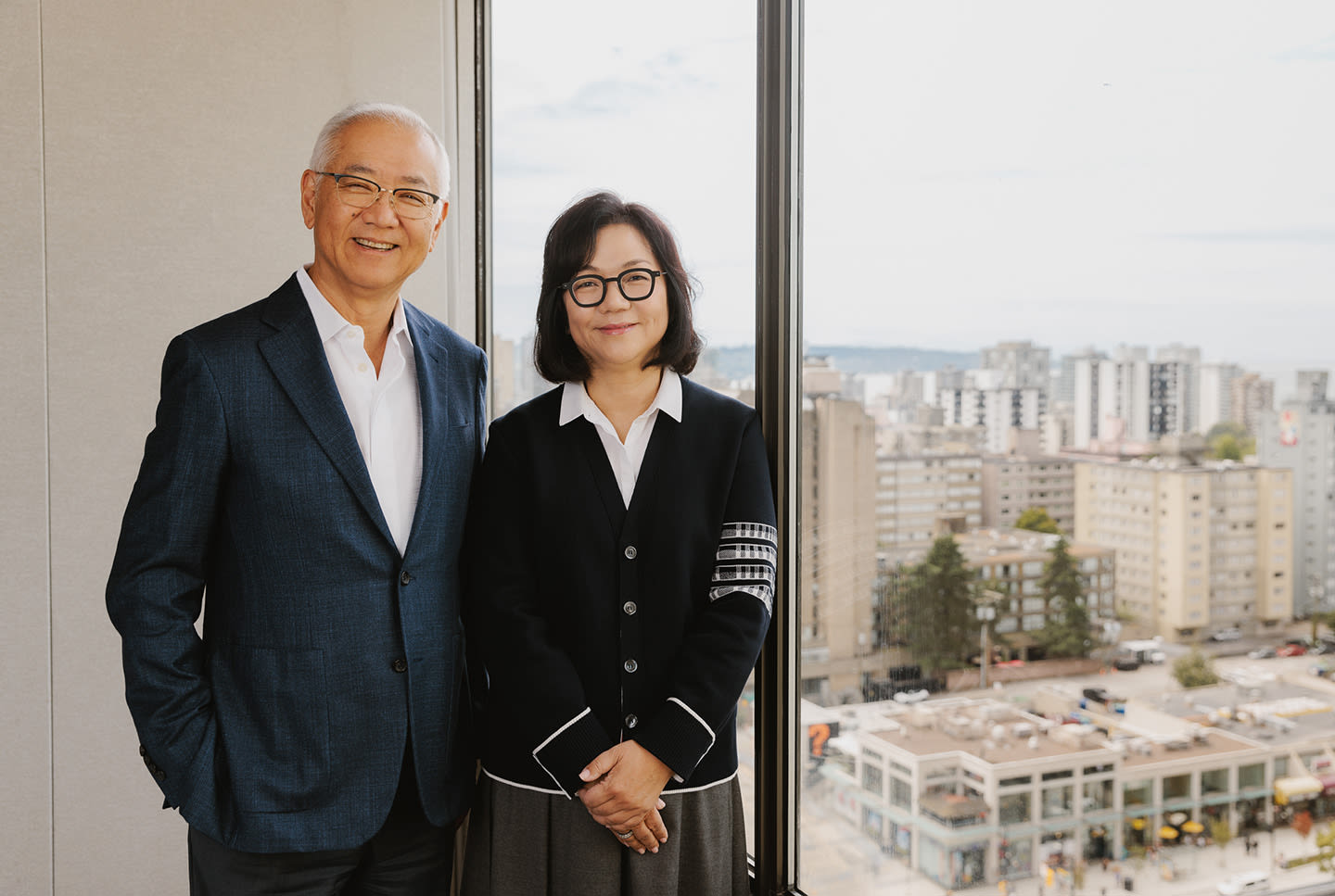Dr. Ryan Morin: My Path to a Career in Cancer Research (Part I)
March 10, 2017
Found in BC Cancer Research Centre, Brain cancer, Community, Genomics
For my first post I have been asked to spare you the details of my research, which is a tough thing to ask of any scientist! So I will start by giving you some context on how I got here.
As you will learn, I am a homegrown scientist. I was born and raised in Cumberland, a village on Vancouver Island that is too small to be officially referred to as a town. As many of us do in school, I had picked a career based on a very limited understanding of the options available and with a naive view of the world. I had decided to become a veterinarian and a BSc in Biology would be my first step in that path. I relocated to Burnaby after high school along with my twin and older brother and we all attended SFU.
Around when I was trying to find my first Co-op term (at an animal hospital), I met Dr. Ingrid Northwood, the undergraduate advisor in the Department of Molecular Biology & Biochemistry. At the time, I declared a major in Biology but had not put much thought into other departments. I had approached Ingrid to ask how I could get experience in research labs and I was informed that MBB majors can do research for credit. So not only was I enticed to major in MBB, I eventually spent a summer in a lab studying fruit flies where I began picking up molecular biology techniques while developing a fascination for genomics.
My next Co-op was with Xenon Genetics, where I was trained by a research associate Scott Newman. He was to be one of the first of many mentors who live for good scientific research. I had been doing a weekly show at the campus radio station and Scott also shared a love for good music. One thing I learned from my experience at Xenon was that science does not always proceed as planned. I had a lot to learn but kept at it and gained valuable laboratory skills and work habits. Ingrid had helped put me in the right direction and my Co-op secured my interest in using molecular techniques to understand disease.
By my graduation, I was confident I wanted to continue doing research but didn’t have any preference or direction. After a short stint working in the pharmaceutical industry, I began looking at the BC Cancer Agency’s growing department known as the Genome Sciences Centre. I applied for a bioinformatics job, for which I was arguably unqualified. Thankfully, Yaron Butterfield gave me a chance and in January 2004 I started work as a “DNA sequence finisher”. Not long after that, Yaron was diagnosed with brain cancer and went on medical leave. Up until this time, I had been lucky enough to have very few people close to me diagnosed with cancer. This was a sobering event for me and most likely stimulated the growing interest I had in understanding the molecular basis of cancer.

Fuel Hope for Thousands of Families Across B.C.
Help advance cutting-edge research and accelerate access to life-saving care at BC Cancer.
Donate Now

